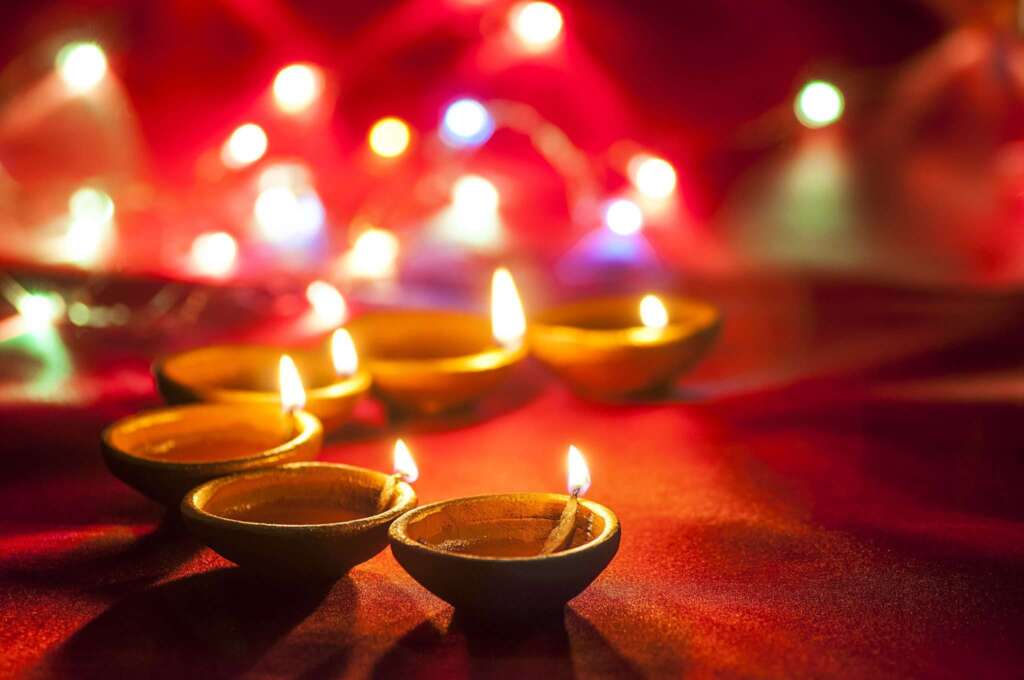Share This Article
A Diwali pooja is a ceremony in which Hindu Deities are worshipped via prayer, sacrifices, and offerings. The festival of Diwali is significant because it represents devotees’ worship and adoration of numerous gods; nevertheless, it is most significant because it is a day of adoration of Goddess Lakshmi, and thus the divine mother of the entire universe and the earthly (physical) mother. The majority of pious Hindus do the Dipavali Pooja in a predetermined, ritualistic sequence, praising and making sacrifices to Mother Lakshmi, Lord Ganesh, Lord Shiva, the Nine Planets, and Kalsa (representing the Universe).
Offerings are made to the fire (Agni devta), which is regarded as the mouth of the Divine and serves as the real feeding of the God, during the Dipavali Poojan. During the Diwali Pooja, sixteen prescribed steps take place (symbolising the sixteen ceremonies that a Hindu is required to complete throughout his or her lifetime), including the welcoming of the Deity, providing the Deity with a place to sit, washing the Deity’s feet, decorating the Deity, and offering food, clothing, or money in exchange for blessings.

Jhal/Phaag, fresh, sweet-smelling flowers, certain herbs, and plants are also employed (a combination of milk, ghee, honey and spices). Flags with important hues linked with the gods are planted as a representation of the gifts. This specific Pooja also includes singing, chanting, food sampling, bell ringing, and conch shell blowing as blessings are given to family members as happiness is celebrated.
Jhal/Phaag, fresh, sweet-smelling flowers, certain herbs, and plants are also employed (a combination of milk, ghee, honey and spices). Flags with important hues linked with the gods are planted as a representation of the gifts. This specific Pooja also includes singing, chanting, food sampling, bell ringing, and conch shell blowing as blessings are given to family members as happiness is celebrated.
Gambling is one of the strangest traditions associated with this holiday of Dipavali, especially on a huge scale in North India. It is said that Goddess Parvati and Lord Shiva played dice on this day, and she made the proclamation that anyone gambled on Diwali night would succeed for the whole of the next year. Even now, people still play cards—flush and rummy with stakes—on this specific day.


